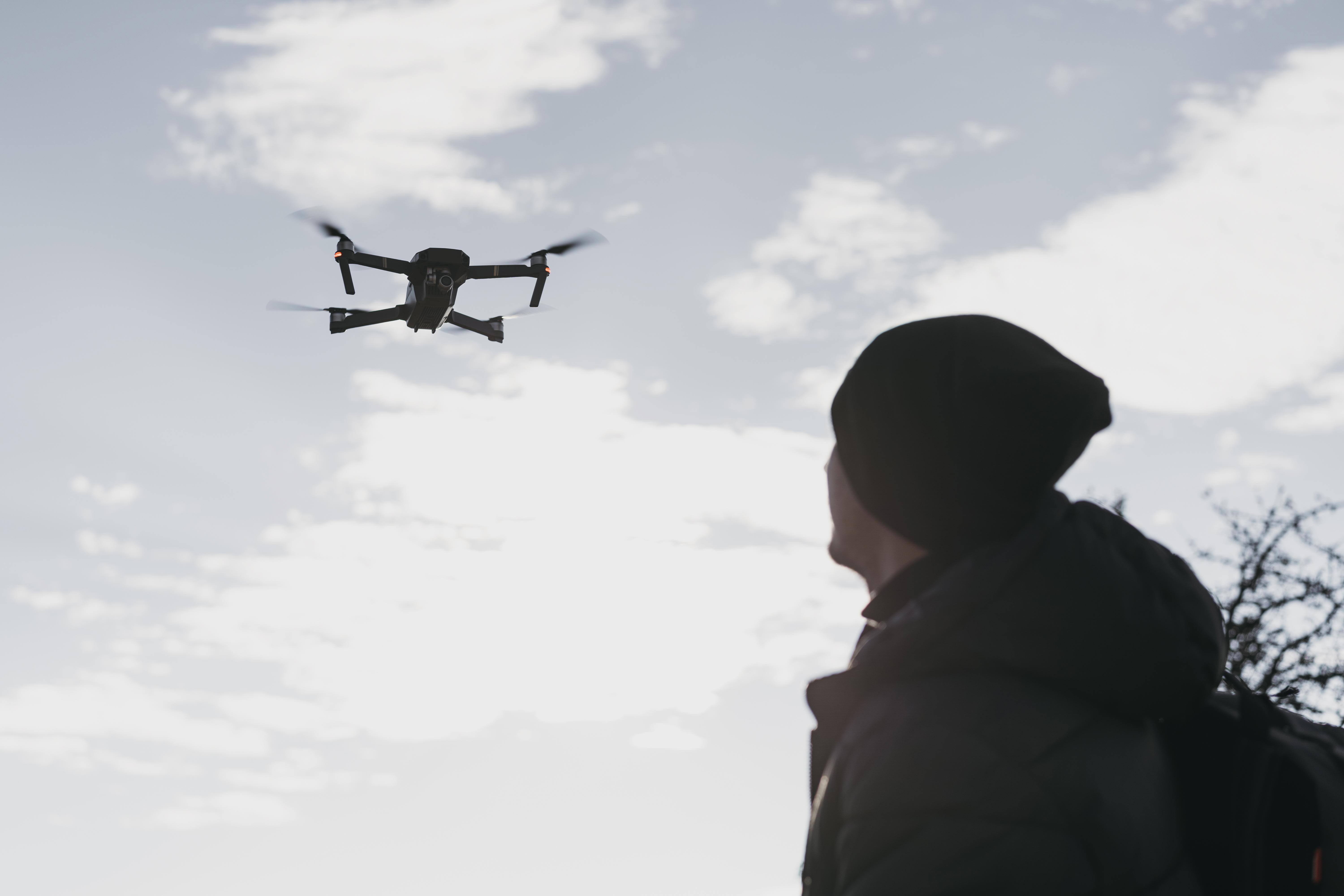In a move that has drawn both criticism and relief, a proposed ban on the use of DJI drones by state and municipal agencies in Connecticut has failed to pass before the legislative deadline on Thursday. The measure, which aimed to prohibit the operation of DJI drones over unsubstantiated allegations of potential data leaks to Chinese government servers, stalled in the state's House of Representatives after earlier gaining approval from the Senate.
The failed bill was part of a broader effort to restrict the use of DJI drones by official agencies, fueled by concerns raised by some federal agencies and four U.S. states – Florida, Mississippi, Arkansas, and Tennessee – which have already imposed legal blacklisting of the Chinese company's unmanned aerial vehicles (UAVs). However, the allegations of data leakage have been repeatedly refuted by DJI, with the company arguing that there is little evidence to support such claims.
The proposed ban faced significant opposition from public safety and first responder organizations in Connecticut, who argued that DJI drones are secure and vital tools for their operations. These agencies cited the built-in security protections and configuration enhancements available for DJI drones, including options to prevent wireless data transmission, as reasons why they believe the UAVs present no security risks.
In response to the growing concerns, DJI recently launched its DJI Trust Center, an online resource aimed at helping customers enhance the security of their drones. The Trust Center provides tutorials on privacy controls, as well as the company's Drone Security White Paper, which outlines the security measures and safeguards implemented in their products.
While the failed ban in Connecticut may be seen as a victory for DJI and its supporters, the broader regulatory landscape surrounding drone use remains complex and evolving. The proposed Countering CCP Drones Act, currently making its way through the U.S. House of Representatives, seeks to effectively prohibit the use of DJI drones across the country, citing similar data security concerns.
As the regulatory landscape continues to evolve, a comprehensive approach to drone security, encompassing both rigorous vetting of manufacturers and the implementation of robust detection and monitoring systems, is becoming increasingly crucial for ensuring the safe and secure integration of drone technology across various sectors.


